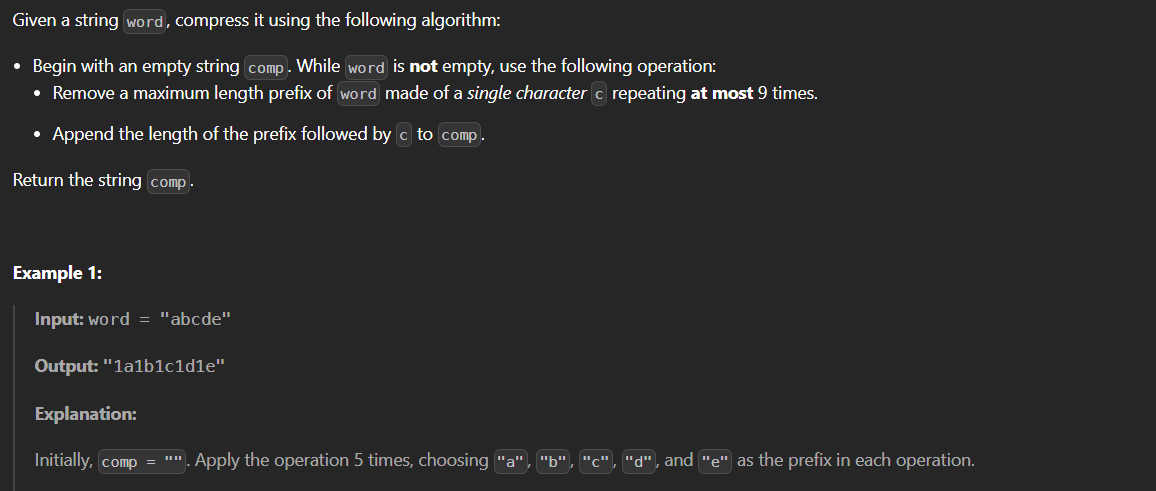Problem Overview
In LeetCode 172: Factorial Trailing Zeroes, we are asked to find the number of trailing zeros in a factorial of a given number n. This problem is a classic example of mathematical algorithms and number theory in competitive programming.
Directly calculating n! to count zeros is inefficient for large numbers, so the challenge is to find a clever, optimized approach to determine the trailing zeros without computing the factorial itself.
For example, if the input is n = 100:
- The factorial
100!ends with 24 trailing zeros. - This occurs because the number of factors of 5 in the factorial determines the trailing zeros.
This problem is widely asked in C++ coding interviews and online programming contests. It helps to improve understanding of efficient counting algorithms and factorial properties.

Approach / Logic Explanation
When I first saw LeetCode 172: Factorial Trailing Zeroes, I knew calculating n! directly wouldn’t work for large numbers. So, I focused on the fact that trailing zeros come from factors of 10, which are made from 2 × 5 pairs. Since there are always more 2s than 5s in a factorial, counting the number of 5s is enough to find the zeros.
Here’s how I approached the problem step by step:
- Initialize a variable
res = 0to store the total count of trailing zeros. - Use a loop to divide
nby 5 repeatedly and add the quotient tores. Each division counts the multiples of 5, 25, 125, etc., which contribute extra zeros. - Stop the loop when
n / 5becomes 0. At this point, all factors of 5 are counted. - Return
resas the total number of trailing zeros inn!.
I like this approach because it’s efficient, O(log n) time, and avoids huge factorial computations. It also helps me practice number theory and optimization techniques in coding interviews.
Solution Code
Based on the logic I explained, here’s the C++ solution I implemented for this problem:
class Solution {
public:
int trailingZeroes(int n) {
int res = 0;
while (n > 0) {
res += n / 5;
n = n / 5;
}
return res;
}
};
I wrote this code to efficiently count all factors of 5 in n!. Each iteration adds the multiples of 5, 25, 125, etc., directly to res. This avoids calculating the factorial itself, which would be impossible for large n.
Step-by-Step Walkthrough
Let me explain how my solution works using an example: n = 100.
- Initialization: I start with
res = 0to keep track of trailing zeros. - Iterative Division: I divide
nby 5 repeatedly:- First iteration:
100 ÷ 5 = 20→ add 20 tores. - Second iteration:
20 ÷ 5 = 4→ add 4 tores. - Third iteration:
4 ÷ 5 = 0→ stop the loop.
- First iteration:
- Final Result: The total trailing zeros in
100!isres = 24.
This method is efficient because it avoids calculating large factorials and directly counts the factors of 5, which determine the trailing zeros.
Time & Space Complexity Analysis
After writing the solution, I analyzed how efficient it is:
Time Complexity
The loop divides n by 5 repeatedly until it becomes 0. The number of iterations is proportional to log5(n). So, the time complexity is O(log n).
Space Complexity
I only use a single variable res to store the count. No extra space depends on the input size, so the space complexity is O(1).
This makes the solution very efficient even for large numbers like n = 10^9.
Mistakes to Avoid & Tips
Sample Input & Output
To make it easier to understand, here’s how the function works with some example inputs:
| Input | Output | Explanation |
|---|---|---|
| 3 | 0 | 3! = 6 has no trailing zeros. |
| 5 | 1 | 5! = 120 has 1 trailing zero. |
| 100 | 24 | Count multiples of 5, 25, 125…: 100/5=20, 100/25=4, 100/125=0 → total 24 zeros. |
Conclusion
Solving LeetCode 172: Factorial Trailing Zeroes was a good exercise in understanding how factorials work and how to optimize computations. I realized that directly calculating n! is impractical for large numbers, and focusing on counting factors of 5 gives an efficient solution.
Key takeaways from this problem:
- Trailing zeros in a factorial are determined by the number of 5s in its factors.
- Dividing
nby 5, 25, 125… efficiently counts the zeros without computing the factorial. - The solution works in O(log n) time and O(1) space, suitable for large input values.
I encourage you to try similar math-based problems to strengthen your understanding of number theory and algorithm optimization. These techniques are very useful for coding interviews and competitive programming.
 15 views
15 views




